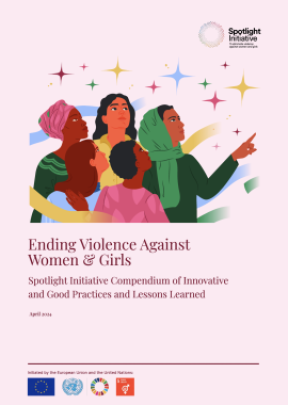
- Briefing paper
- 18 March 2019
Preventing intimate partner violence among young people: The role of comprehensive sexuality education
This research was undertaken as part of ALIGN’s Research Fund which supports small-scale action research or research translation projects focused on advancing knowledge and evidence on gender norms across a wide range of contexts.
Comprehensive sexuality education (CSE) may help prevent intimate partner violence (IPV) among young people by addressing the harmful gender norms that perpetuate inequitable relationships and violence. Despite its potential, few evaluations of CSE interventions have measured IPV or changes in related attitudes and social norms. Instead, they tend to document reductions in HIV, sexually transmitted infection and unintended pregnancy rates.
To address this gap in the evidence base, this study examines how a CSE intervention in Mexico may help to address unequal gender norms, prevent partner violence and encourage critical thinking among students aged 14 to 17 in Mexico City. The 20-hour curriculum by Fundación Mexicana para la Planeación Familiar (Mexfam) covers a comprehensive set of topics and is implemented in full by well-trained health educators.
The findings suggest that comprehensive sexuality education of this nature can be an effective and feasible strategy to support prevention of and response to intimate partner violence among young people, in part by contributing to a process of shifting attitudes and gendered social norms. The report identifies four elements of the course that seem central to the process of violence prevention.
- Encouraging participants to reflect about romantic relationships, which helped them question whether jealousy and possessive behaviour are signs of love.
- Helping young people develop skills to communicate about sexuality, inequitable relationships and reproductive health.
- Demystifying sexual diversity to tackle discrimination against people who identify as lesbian, gay, bisexual and gender-non conforming.
- Encouraging participants to seek health care and other support.
Schools are important places for such prevention programmes because of the violence, including within relationships, that often occurs in these settings. This promising and relatively short-term intervention could be integrated into educational curricula and expanded to reach more young people in Mexico. It could also be tested elsewhere to examine whether it has an impact on beliefs and practices around violence in other settings. This brief shares key findings from the study, guiding principles for CSE programming and policy recommendations.
- Countries / Regions:
- Mexico
Blog
9 January 2019

Case study
1 April 2024

Case study
9 June 2021
